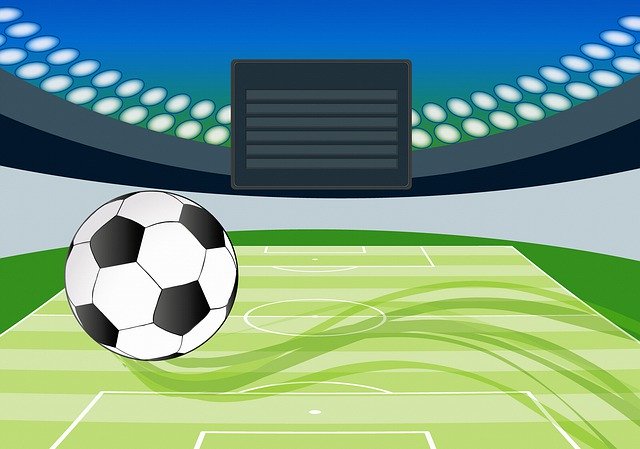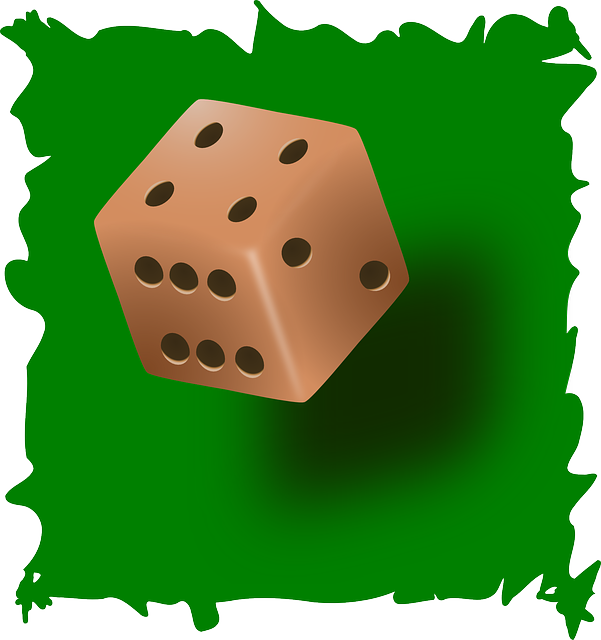
About Us
These two principles regarding inducing and stopping bluffs should be self-evident. When you try to induce a bluff, you will always call if your opponent bets. When you try to stop a bluff, you will always fold if your opponent bets. To do otherwise is completely counterproductive, and it would be better not to try to induce or stop a bluff in the first place.

Most professional players are aware of the power of correct bluffing strategy, so they often try to induce bluffs or stop bluffs. However, they sometimes forget an important principle: If you are trying to induce a player to bluff and that player bets, then you must call. This principle is obvious, yet many go against it. If you try to induce a bluff and still fold when your opponent bets, all you may have succeeded in doing is helping that player bluff you out of even more pots than he otherwise would have.
Similarly, if you do something to stop a bluff and then call when your opponent bets, you would do better and catch more bluffs if you didn’t try to stop his bluffing in the first place. In other words, if you think your hand is worth a call after having tried to stop a bluff, it is crazy to have tried to stop the bluff. You simply reduce the possible hands your opponent might have bet with and therefore the number of hands he might have that you can beat when you call.

